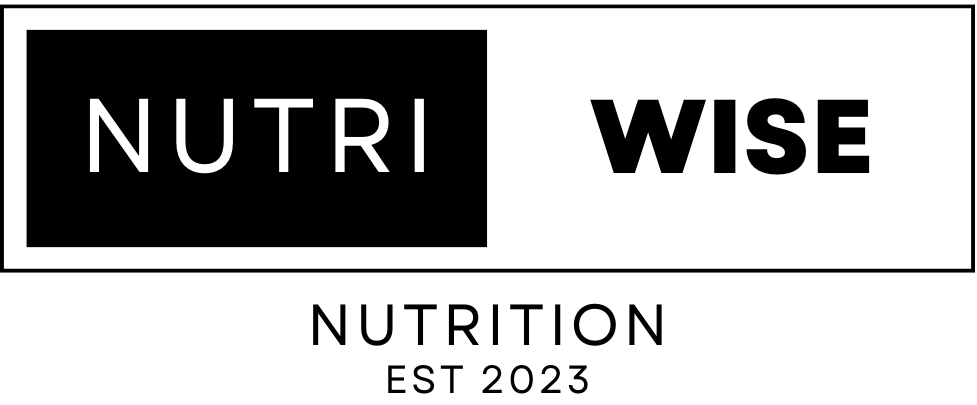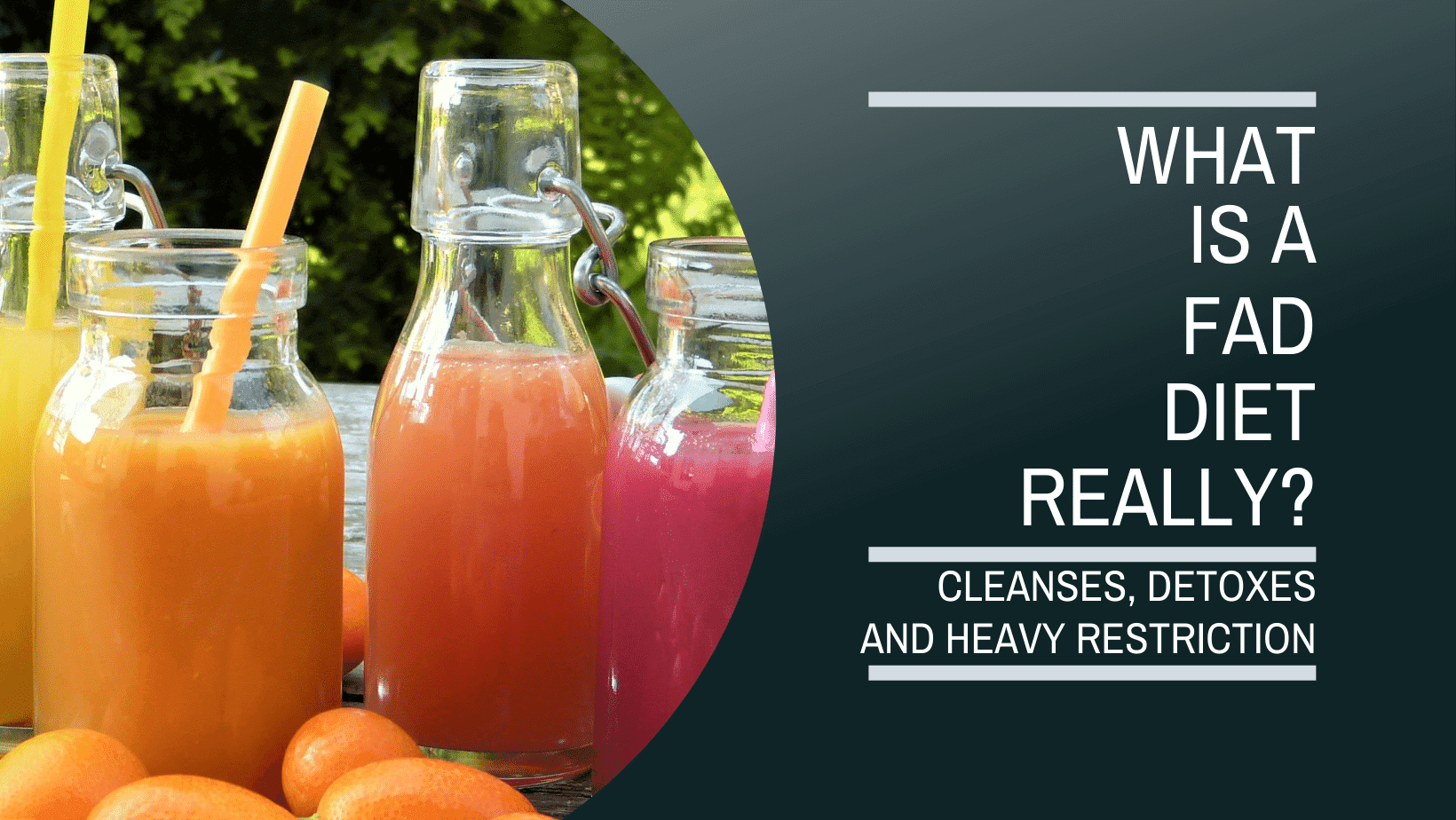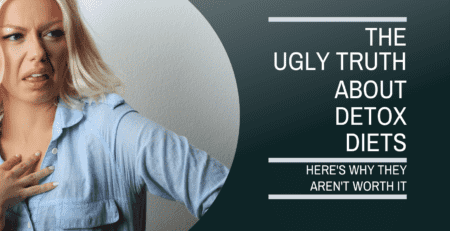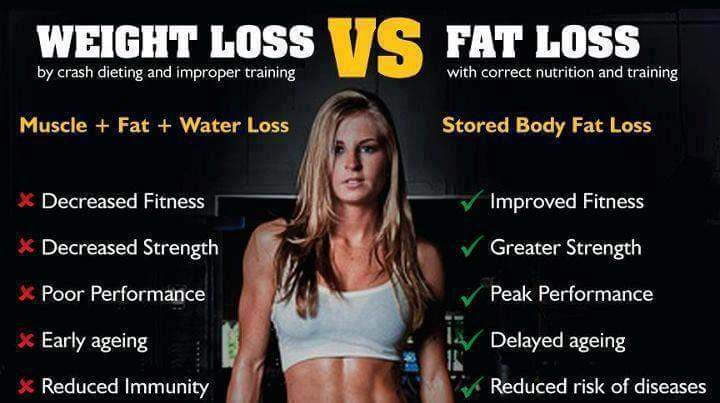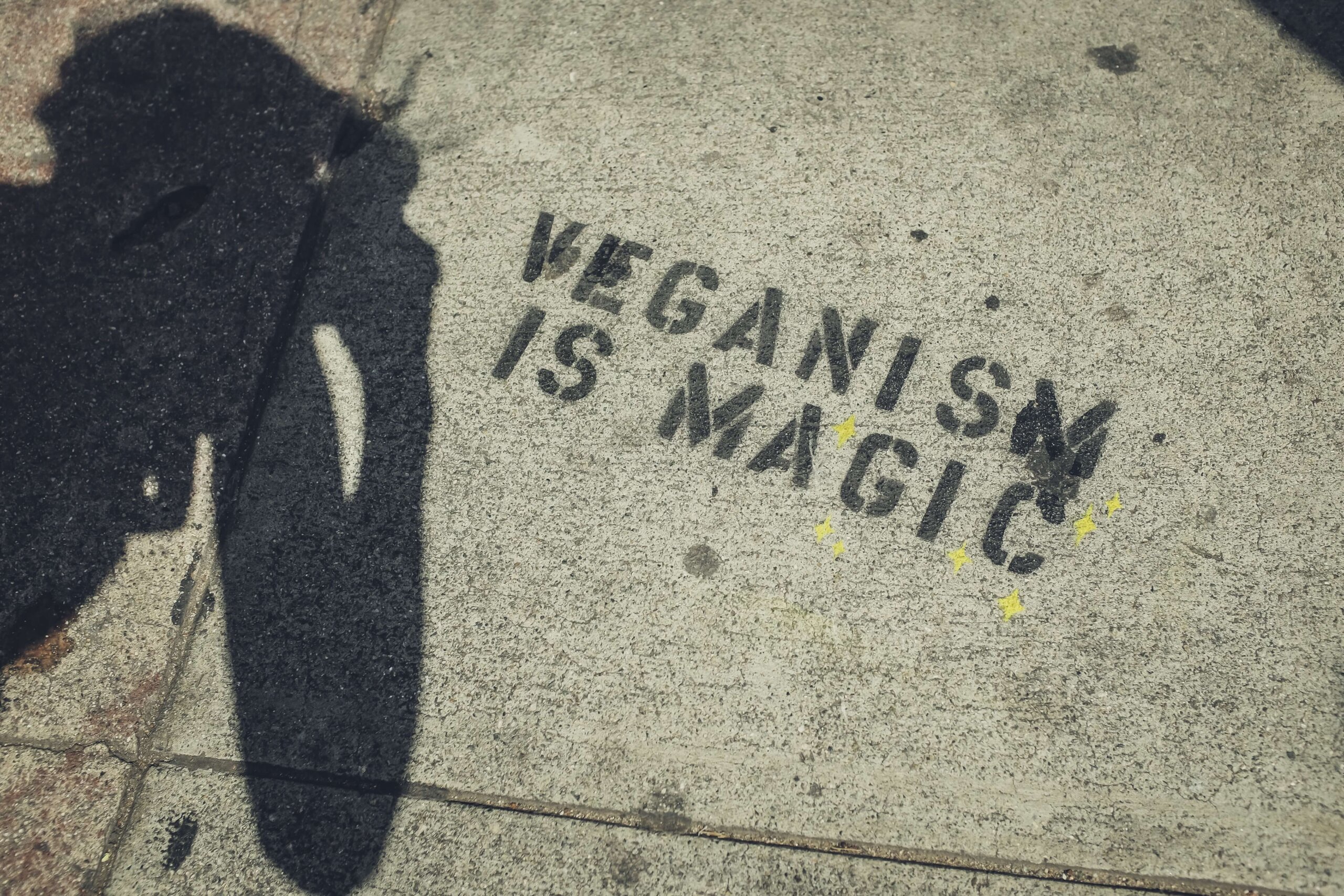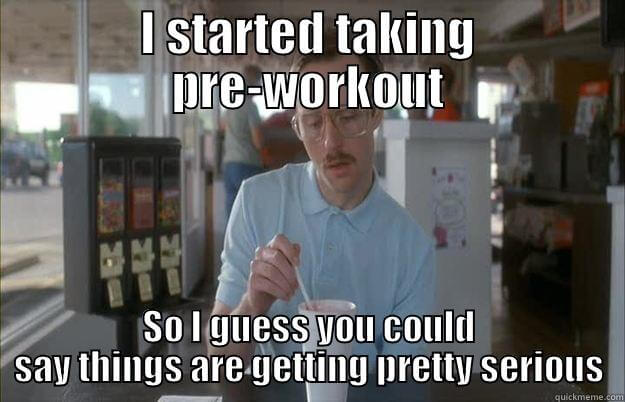What Is A Fad Diet?
It is estimated that over 50% of Americans have tried a fad diet at least once in their lives, according to the International Food Information Council. A fad diet is an eating plan that seeks to promote rapid weight loss by cutting back on certain food groups or through extreme calorie restriction. It often promises quick results, and gained popularity due to its simplicity and promise of success.
These diets are never recommended by healthcare professionals, as the lack of nutrition can lead to health issues and rebound weight gain once the person stops following it. Infact, the nutritionists, dieticians and doctors who promote them in their advertising are usually paid actors or paid spokespeople for the brand itself.
Fad diets typically focus on only one “secret” that’s been kept from you. It can be as simple as eliminating one type of food group such as high-carbohydrate or low-fat foods in favour of their method of eating, supplementing or detoxing. They are difficult to follow for a long time due to their strict guidelines and usually extreme caloric restriction. Additionally, many of these diets do not provide enough nutrients for people who exercise regularly or have special dietary needs.
Though these diets may offer short term results, they are not sustainable for long term success. Eating balanced meals rich in vitamins, minerals, protein and healthy fats is the best way to maintain a healthy lifestyle in the long run. If you want to lose weight, working with a professional in the weight management field is the best way to develop an evidence-based plan tailored to your individual needs.
Popular Fad Diets
Fad diets, while popular, are not healthy or sustainable. They often involve restrictive eating plans, drastic changes in diet, and promises of quick weight loss. So what are some of the most popular fad diets?
Lets take the ketogenic diet as an example. It is a low-carbohydrate, high fat diet that has been popular since the 1920s. It involves limiting carbohydrate intake and replacing it with higher amounts of fats. This causes the body to enter a state of ketosis where it breaks down fat for energy instead of carbohydrates. The Atkins Diet is another low-carbohydrate diet that was created by Dr. Robert Atkins in 1972. It requires people to limit carbohydrate intake significantly and replace it with protein and fats from sources such as meat and dairy products.
Both are only slightly different but restrict the same thing – carbohydrates. The marketing and rhetoric around either of them would have you believe that they’re both very different. They both work by creating a calorie deficit, which can be done with any food combination.
The Paleo Diet is based on the idea that we should eat like our ancestors did during the Paleolithic period (over 10,000 years ago). It involves eating only foods that were available then such as lean meats, fruits, vegetables, nuts, and seeds. People who find success in this method have restricted processed foods in favour of whole foods, which every health and fitness professional will tell you is how you should structure your diet. But with the absence of things like bread and wheat products people struggle to get enough fiber in their diet which is linked to other poor health outcomes.
Finally there is the detox diets like Juice Cleanses which advocates for drinking only freshly-pressed fruit or vegetable juices for several days at a time as a way to detoxify your body and lose weight quickly. Other forms of this type of diet are the liver cleanse, lemon detox and Fat Blaster to name a few.
Each of these diets has some major drawbacks as well as limited potential benefits in the short term for weight loss, but ultimately they all have one thing in common: they are not sustainable over long periods of time. Deciding what to eat shouldn’t be complicated. Focus on whole foods, get enough protein and don’t eat more than you need.
Pros And Cons Of Fad Diets
Glimmering with promise, fad diets are often viewed as the latest and greatest way to achieve the body of one’s dreams. Little wonder why people flock to them like moths to a flame! However, before jumping on the bandwagon of any fad diet, it is important to understand both their pros and cons.
To begin, there are several purported benefits associated with fad diets which are actually cons. Many of these diets focus on quick weight-loss results as they restrict food intake or encourage drastic lifestyle changes such as intermittent fasting or juice cleanses. For some individuals this can result in dramatic improvements in health and physical appearance within a relatively short period of time. Unfortunately as short as it takes to achieve this weight loss, the results last an extremely short period of time. This is usually because the majority of weight loss is just liquid.
One of the only benefits I see with many fad diets is that due to their heavy reliance on fresh produce and lean proteins, they can potentially be beneficial for ensuring a better level of nutrition is being consumed than was being done before. Lets remember, these diets are marketed at people with some pretty average health profiles so in these cases anything that moves the needle in the right direction is beneficial. They’re at least aware they need to make a change.
On the flip side, there are numerous drawbacks to consider when discussing fad diets. Firstly, most of these diet plans are not sustainable over long periods of time due to their restrictive nature which limits essential nutrients and vitamins from entering the body. Secondly, many individuals who try out fad diets experience rapid weight gain after the initial loss due to their bodies adjusting back to normal eating habits. Finally, depending on the specific diet plan chosen, an individual may also be at risk for developing medical complications such as electrolyte imbalances or other nutritional deficiencies if not properly monitored by a doctor or nutritionist.
While fad diets may appear attractive initially due to fast results they promise, it is important to weigh up all potential risks prior to embarking upon them so that one can make an informed decision about their overall health and wellbeing.
Health Risks Of Fad Diets
It’s estimated that at least half of all Americans have attempted a fad diet at some point in their lives. In Australia the marketing for these is a little less in your face, but is still prevalent. With more than 1/2 the population considered obese there is a lot of money to be made by selling quick fixes to long term problems.
Unfortunately, these diets come with a range of health risks that can be hard to ignore. In this section, we’ll take a closer look at the potential dangers of fad diets.
First and foremost, people who follow fad diets tend to become deficient in certain nutrients. This is because many of these diets involve cutting out entire food groups or focusing on just a few items such as cabbage soup, grapefruit, or other nonsensical foods. As a result, people do not get enough vitamins and minerals from their diet which can lead to serious long-term problems.
Another issue is that many fad diets are not sustainable in the long-term. People may be able to stick with them for a few weeks or months but eventually they will start craving the foods they have given up and will fall off the wagon. This kind of yo-yo dieting can cause metabolic changes which can affect hormone levels and even increase the risk of developing diabetes.
Finally, since many fad diets involve drastically reducing calorie intake it can also cause physical problems such as fatigue, dizziness, headaches and digestive issues like constipation or diarrhea. It’s important to remember that if you’re trying to lose weight then it is much healthier (and safer) to do so gradually over time instead of trying one crash diet after another.
Alternatives To Fad Diets
It can be easy to get carried away with the latest diet trends. But while fad diets may promise quick results, they often come with a range of health risks. So what are the alternatives?
Let’s take a look at some healthier options than fad diets. Firstly, keeping track of your calorie intake is an important part of any diet plan. To do this successfully, you’ll need to have a good idea of how many calories you should be eating each day for your body type and lifestyle – and then stick to it! Secondly, make sure you’re getting enough protein in your diet as this will help keep you full throughout the day. Lastly, ensure that your meals are packed with vegetables and adequate amounts of dietary fats; these will provide essential nutrients for your body without adding too many extra calories.
In addition to following a well-balanced diet, regular exercise is equally important for overall health and wellbeing. Whether it’s strength training or cardio, try to fit in some physical activity into your daily routine so that you can feel energised and stay motivated on your weight-loss journey. With a few simple changes to both your diet and exercise routine, you’ll be well on your way to reaching all those health goals!
Conclusion
In conclusion, fad diets can be tempting because they promise quick results. They can also be dangerous, though, as they often involve depriving the body of essential nutrients and minerals. It’s important to remember that if something sounds too good to be true, it probably is; and that includes fad diets.
If you’re looking for a healthier way to lose weight, consider hiring a coach to help educate you on how to eat properly – or other alternatives such as eating smaller meals more frequently throughout the day or engaging in regular exercise. These options are much safer and more sustainable than fad diets over the long-term. Furthermore, you won’t have to worry about being left feeling let down if the diet doesn’t work out as promised—as is so often the case with fad diets.
So, instead of jumping onto the latest bandwagon when it comes to weight loss, take a step back and ask yourself if this is really a viable option for your lifestyle. Otherwise, you may end up with nothing more than a false sense of hope—which is worse than no hope at all!
